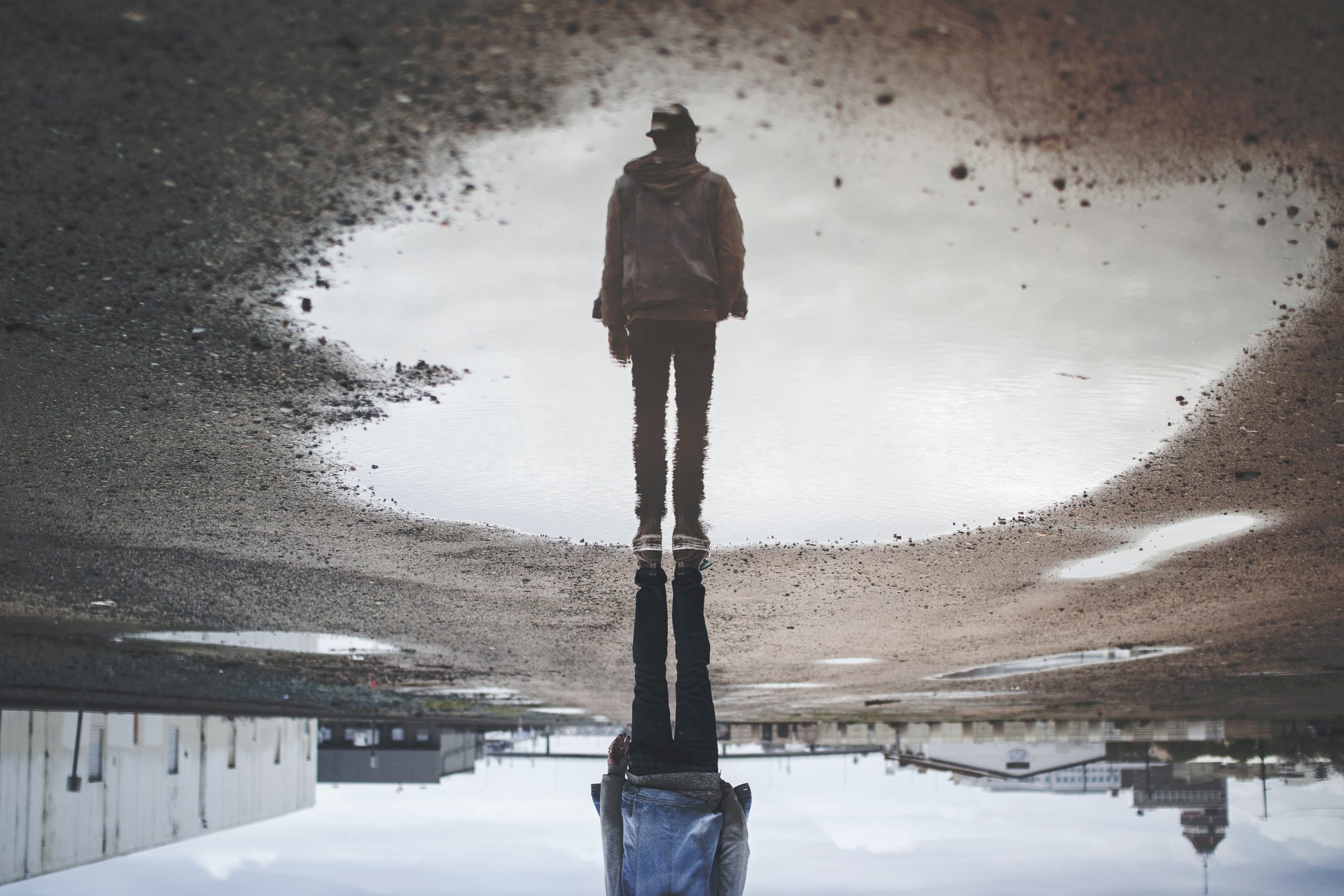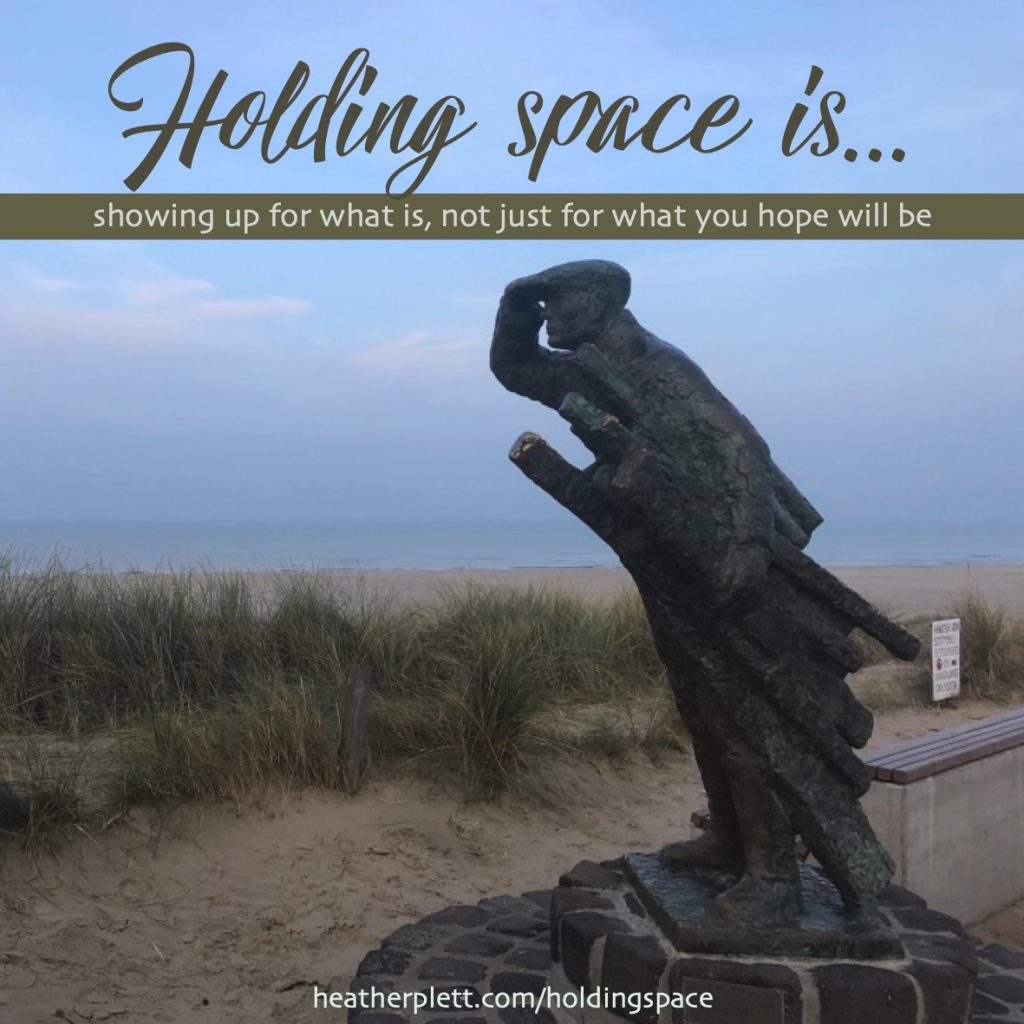When we search for meaning, sometimes there’s a shadow lurking underneath

Listen to me read the post
Before my trip to Ethiopia in 2007, my friend and colleague Sam (who lived there and was traveling with us into some of the poorest parts of the country) recommended I read the book Man’s Search for Meaning, by Viktor Frankl. “You will see some hard things,” he said, “and you’ll need to find ways of making meaning so that you’ll be able to cope with the way it will break your heart.”
He was right – we saw hard things. And my heart felt a little tattered. We saw poverty and food insecurity on a level that was hard for me to comprehend from my North American perspective. We also saw countless abandoned army tanks on the sides of the road, and men in remote villages carrying machine guns – evidence of the many years Ethiopia has known conflict.
But we also saw beauty and resilience, people making art and music, and people praying and dancing and worshipping God. We saw people loving their families and gathering with their neighbours. We saw people helping each other and serving their communities. Everywhere we looked, there were people shaping meaning in the midst of hardship.
I didn’t have to search for ways to make meaning – I simply had to pay attention to the ways that people were modelling it for me.
I’ve been thinking back on that time lately, partly because there is, once again, conflict brewing in the part of Ethiopia where we traveled, and partly because, in the middle of a pandemic, I see many people making meaning as a way of coping with this strange collective hardship we’re all in. Once again, I see people praying, singing, dancing, making art and music, connecting with their communities, and serving others.
Viktor Frankl, in his years in concentration camps during the Holocaust, came to the conclusion that those who best survived and thrived despite the hardships of the camps were those who found ways of making meaning out of the experience. By making meaning, they were able to claim their inner freedom and not be crushed by the inhumanity they faced.
“Everything you have in life can be taken from you except one thing, your freedom to choose how you will respond to the situation. This is what determines the quality of the life we’ve lived — not whether we’ve been rich or poor, famous or unknown, healthy or suffering. What determines our quality of life is how we relate to these realities, what kind of meaning we assign them, what kind of attitude we cling to about them, what state of mind we allow them to trigger.” – Viktor Frankl
I have long been a meaning-maker, partly because I’m a storyteller and communicator who’s spent many years honing the craft of shaping stories in ways that inspire and resonate with people. (During that trip to Ethiopia, for example, I was leading a film crew that was gathering stories about the hopefulness of the food aid and food security projects our non-profit supported.) This practice of storytelling has helped me to be reflective of past events and hardships in my life, and to alchemize them from pain into gift. When I can shape something into a story and offer it to others to inspire them in similar hardships, it lessens the pain and releases the bitterness or regret that might be inherent in that memory. After my mom died, for example, I made meaning out of the grief and that meaning-making became the blog post on holding space that grew my work and expanded my community in a significant way.
Meaning-making heals me and helps me return, again and again, to hopefulness. It grows my resilience and my courage to face other hardships. It has helped me survive many hardships – like rape, stillbirth, divorce, the death of my parents, and the attempted suicides of my former husband. Instead of being crushed by the weight of those hardships, I shaped them into stories that are now at the heart of my book, The Art of Holding Space: A Practice of Love, Liberation and Leadership.
The older I get, though, and the more I wrestle with the beliefs I hold dear – like the value of meaning-making – the more I am able to hold space for the realization that, even in the most beautiful concept, there lurks the possibility of a shadowy underbelly.
Yes, there is a shadow side to meaning-making. Perhaps multiple shadows, in fact.
For one thing, meaning-making can be a form of spiritual bypassing. If we rush too quickly to find the meaning in something, if we try to transcend the pain by choosing hopefulness and meaning, then we can rush past the deeper work we might need to do, we can gaslight ourselves into ignoring the harm that’s being done to us, and we can stuff down the hard emotions that need to be felt and released instead of stifled. (I, for example, have ignored abuse and gaslighted myself because I was striving to find meaning in it.)
Beyond simply doing harm to ourselves, spiritual bypassing like that can allow injustice and harm to continue unabated. It’s like a free hall pass for abusers. If, for example, Holocaust survivors were only focused on their own meaning-making and rushed too quickly past the injustice, then those who perpetrated the harm would not have been held accountable, the culture that allowed that harm in the first place wouldn’t have changed, and the same harm would continue to be done in the future.
There’s another shadow to meaning-making, and that’s something I see happening in the midst of this pandemic.
Unless it has healthy roots, the meaning that a person makes of a situation, that helps that person cope with it, might cause them to make bad decisions and might also be harmful to other people. Especially if that meaning is rooted in delusion or half-truths, it can put people directly at risk.
All of us are trying to make meaning of the pandemic. When there is disruption, we make meaning of that disruption in ways that help us maintain what feels important to us – our identity, our relationships, our stability, and our sanity. We search for answers from the media, from the experts, from our politicians, from our communities – whatever voices we trust to help us land on the meaning that makes the most sense.
For many, a random pandemic that can’t be traced to a particular source, that spreads across the globe in unpredictable patterns, and that causes a wide range of symptoms (or lack of symptoms) without a lot of rhyme or reason, feels far too nebulous and complex and scary. It’s hard to defend yourself against it, it’s so complicated that even the world’s best scientists are still struggling to understand it, and there’s nobody to blame for it. It just doesn’t make sense. We want things to make sense.
Especially for those with high anxiety and resistance to chaos because of the trauma of the past, it’s easier to make sense and order out of something (and therefore know how to respond to it) when you can pinpoint an enemy, when there are clear facts that you can cling to, when there’s a clear plan of attack, and when there’s an authoritarian leader who can be trusted to vanquish the enemy.
In a vacuum such as this, when there are so many unknowns and there seems to be so little meaning in all of the hardships we face, we see sometimes desperate and sometimes nefarious attempts at meaning-making bubbling to the surface. Perhaps this is the Universe giving us an opportunity to stop flying so many places so we reduce greenhouse gases. Perhaps there is an evil mastermind who created the virus as a way to frighten and control people and then inject them with tracking devices when they rush to get vaccines. Perhaps it’s tied to 5G technology. Perhaps this is a moment where a cultural reset is being called for. Perhaps there’s an evil cabal of wealthy elites who are feeding off of the blood of frightened children. Perhaps this is God’s punishment for a sinful world. Perhaps governments are colluding to take control of us by making us wear masks. Perhaps the scientists are all in cahoots and the whole pandemic is a hoax. Perhaps there is a hero or lightworker who will emerge to rescue us from this place of darkness.
On a Daily Show video clip, a Trump supporter claimed that the pandemic was created by the Democrats, so that people would be forced to stay home and use mail-in ballots, and that’s how the election was rigged.
I might not align myself with his particular meaning-making, but I can’t deny that he, too, is a meaning-maker.
Yes, meaning-making might help us cope and give us hope, and it might help us stay more calm in the face of the uncontrollable things that scare us, but it might also cause us to disconnect from reality, succumb to propaganda and manipulation, and make decisions that cause harm. When we are vulnerable and scared and disconnected from the things that give life meaning, we are more easily manipulated into attaching ourselves to beliefs and communities that give us comfort but ultimately cause harm. For those people who show up at anti-mask rallies, for example, who put other people in their communities at risk, meaning-making is more than just a shadow, it can cause direct harm.
So what do we do with all of this, then? How do we embrace meaning-making in a way that supports us, but turn away from the kind of meaning-making that causes harm? How do we recognize when meaning-making has become a form of spiritual bypassing or a coping strategy rooted in propaganda, delusion or conspiracy theories?
For one thing, it’s important to avoid rushing too quickly into meaning-making. When we rush too quickly, it’s likely because we’re avoiding the discomfort of feeling lost and not having control over the outcome. That was evident early on in the pandemic, when there was a flurry of people searching for the facts and putting out false information because of the vacuum that existed. There were a lot of people suddenly hosting gatherings and courses that felt like desperate attempts to find meaning in the disruption the pandemic caused.
For another thing, we need to surround ourselves with people who love us and aren’t afraid to challenge us when our meaning-making happens to quickly and/or slips into delusion or harmful coping strategy. We need to develop circles of trust where we can wrestle with hard questions and hold space for discomfort, so that we don’t feel as desperate to find answers.
And for a third thing, we need to develop the practices that will help ground us and resource us when we’re in the midst of the liminal space. Mindfulness practices, body practices, spiritual practices, creativity practices – all of these can be helpful in allowing the anxiety that comes with not knowing to pass through and not control us. My favourite practice right now is my #messycovidartpractice where I layer paint on a large canvas and make a mess of it with my hands. (You can find some of it on my Instagram feed.)
Most of the time, I find that meaning-making is most valuable for the time AFTER the disruption and not necessarily in the middle of it. That’s why, for example, it took me two years for me to write the blog post about holding space at my mom’s death bed. I couldn’t have written that in the midst of the deepest grief – I needed some spaciousness and time to reflect on what meaning the experience at her deathbed had left me with.
And sometimes, there IS no meaning. Sometimes things are simply random and hard and confusing and chaotic. Sometimes the meaning is simply in the resilience we grow in surviving it.
And sometimes meaning-making is like finding shapes in the clouds – it gives us some momentary pleasure, but it doesn’t change the fact that a cloud is simply a cloud and its shape will change soon after you identify it.
While we’re still in the middle of the liminal space, the best we can do is find the people and practices that help us not to give in to despair, that help us stay present and find things to laugh about, and that help us trust that there will be a light at the end of the tunnel even if we can’t see it yet.
****
For more on how to hold space for yourself in the midst of disruption, check out my book, The Art of Holding Space: A Practice of Love, Liberation, and Leadership.


